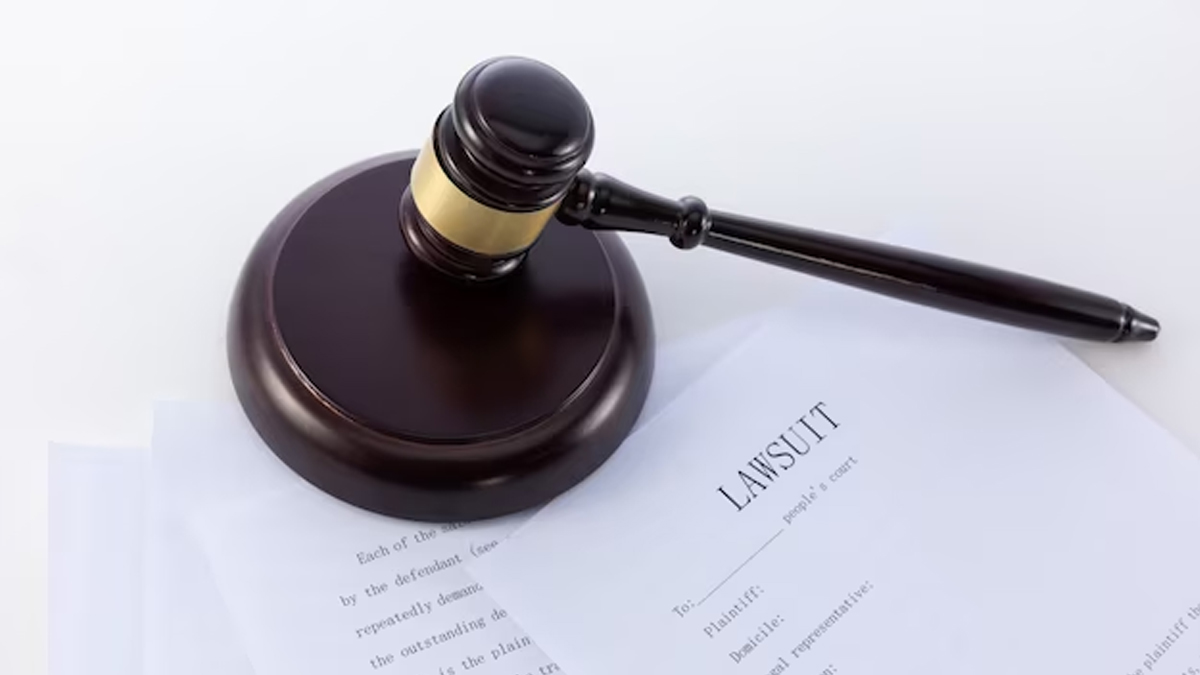Rylands v Fletcher is a landmark legal case in England that established the principle of strict liability for damages caused by the escape of dangerous substances from one’s property to another’s property. The case was decided by the House of Lords (now the Supreme Court) in 1868 and has had a significant impact on the law of torts, particularly in the area of nuisance and strict liability.
The case involved the construction of a reservoir by Rylands, the defendant, on his property to supply water to his mill. The reservoir was built on a piece of land that contained disused mine shafts belonging to Fletcher, the plaintiff. When the reservoir was filled with water, it caused a sudden burst of water to escape from the mine shafts, flooding Fletcher’s mine and causing damage. Fletcher sued Rylands for the damages.
The House of Lords held that Rylands was liable for the damages caused by the escape of water from his reservoir, even though he had not been negligent in constructing or maintaining the reservoir. The court established the doctrine of strict liability, which holds that a person who brings something dangerous onto their property and causes harm when it escapes from their property is liable for the damages, regardless of whether they were negligent or not.
The court set out the following conditions for establishing strict liability under the Rylands v Fletcher doctrine:
- The defendant brings something dangerous onto their land.
- The thing that escapes is likely to cause damage if it escapes.
- The escape is a non-natural use of the land.
- The defendant has control over the thing that escapes.
If these conditions are met, the defendant will be strictly liable for any damages caused by the escape, even if they took reasonable care to prevent the escape or were not negligent in any way.
It’s important to note that Rylands v Fletcher is a limited doctrine and has certain exceptions and qualifications, including acts of God, acts of third parties, and the consent of the plaintiff. Nevertheless, it has had a significant impact on the development of tort law and remains an important legal precedent in England and in other common law jurisdictions around the world.
